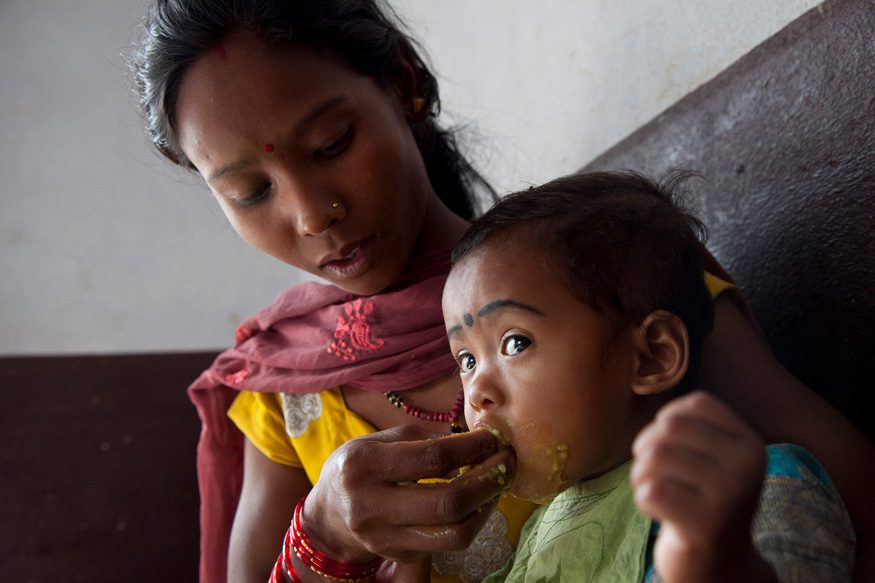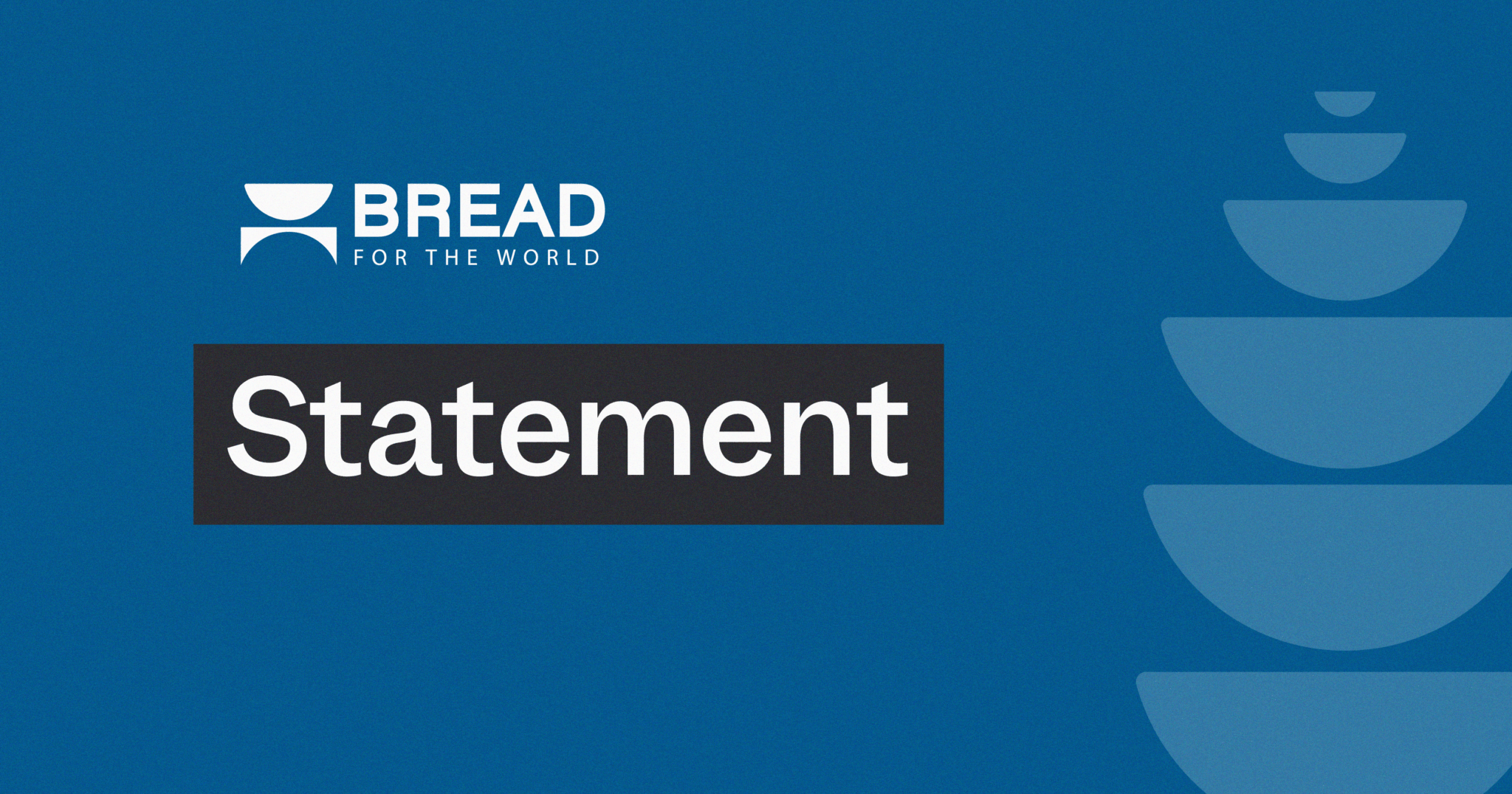Good nutrition is a critical part of ensuring that all human beings can use their bodies and minds to live an active life and reach their full potential.
Good nutrition during the 1,000 days from a woman’s pregnancy to her child’s second birthday is crucial to ensuring the child’s health, physical growth, and brain development. Assisting mothers and children with nutrition must be accompanied by good bodily and household care practices, clean environments, and access to health services.
A great deal of progress has been made globally in reducing malnutrition, but there is still a long way to go. We need to accelerate progress on maternal and child nutrition to ensure that all women and children are able to live dignified, healthy lives. Nearly half of all preventable child deaths are linked to malnutrition, and in 2017, 151 million children were physically stunted, a consequence of chronic malnutrition.
Early childhood malnutrition also stunts a child’s future, limiting his or her ability to grow, learn, earn a living, become self-sufficient, and move out of poverty, due to malnutrition’s harmful effects on cognitive growth as well. Children suffering from poor nutrition are more vulnerable to illnesses in their early years and into adulthood. Expectant mothers who are malnourished are at higher risk of bearing malnourished children, perpetuating an intergenerational cycle of malnutrition.
As one of the largest donors to global maternal and child health programs, the U.S. has long led the international community in efforts to improve child survival. Through the 1,000 Days Partnership, the U.S. has helped raise awareness about the devastating impact of malnutrition and mobilized support for the global Scaling Up Nutrition Movement. The Sustainable Development Goals adopted by all nations in September 2015 aim to end hunger, malnutrition, and preventable child deaths by 2030. To
help achieve these ambitious and transformative goals, the U.S. must demonstrate continued leadership in improving global nutrition.
Experts in economics agree that fighting malnutrition should be the top priority for policy makers and philanthropists.



